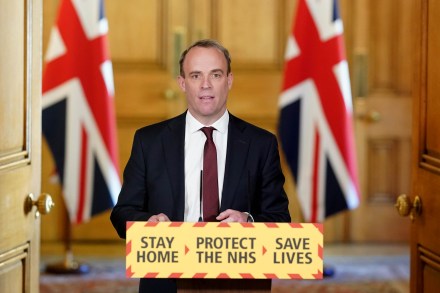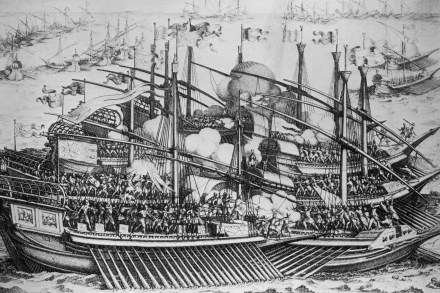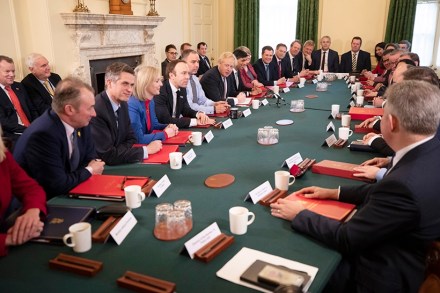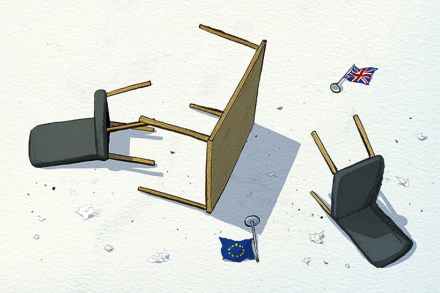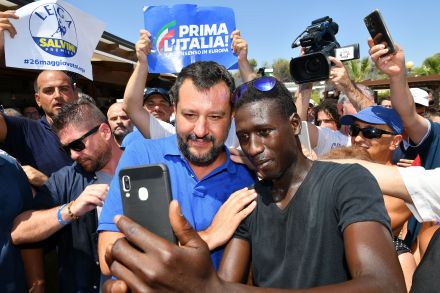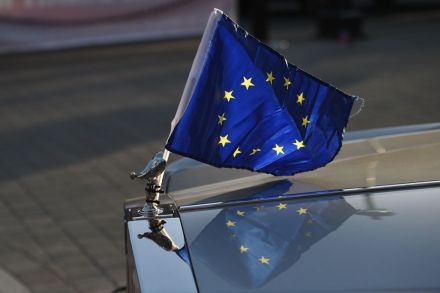Is it ‘speculation’ to say the UK has the most deaths in Europe?
It’s a grim news week for the government with Dominic Raab announcing in Tuesday’s press conference that the UK coronavirus death toll is now at 29,427 (ONS figures suggest the number of deaths is as high as 32,313). This means that according to official figures from each country, the UK has overtaken Italy in fatalities and currently has the highest death toll in Europe. However, at the press conference, Raab suggested such a conclusion was ‘speculation’ and warned against early international comparisons on the grounds that there are differences in the way various countries’ record coronavirus deaths and excess deaths with the size of the population also needing to be taken into account: I don’t think
